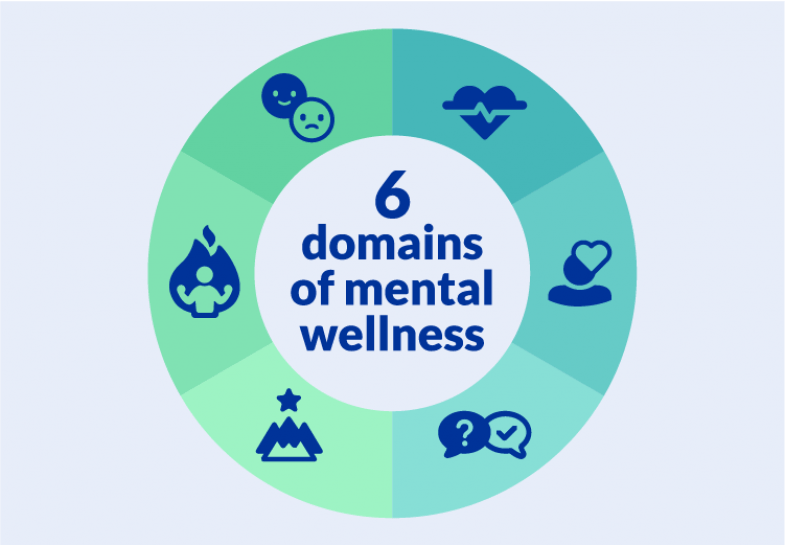Elevate Your Wellbeing 30 Essential Tips for Wellness
Elevate Your Wellbeing: 30 Essential Tips for Wellness
Prioritize Self-Care
In the journey toward optimal wellbeing, self-care is paramount. It’s not indulgence; it’s a necessity. Carve out time each day to nurture your body, mind, and soul. Whether it’s through meditation, exercise, or simply taking a moment to breathe deeply, prioritize self-care as the foundation of your wellness routine.
Nourish Your Body
The food you consume plays a crucial role in your overall wellbeing. Fuel your body with nutritious foods that provide sustained energy and support your health. Incorporate plenty of fruits, vegetables, whole grains, and lean proteins into your diet, and stay hydrated by drinking plenty of water throughout the day.
Move Your Body Regularly
Physical activity is essential for maintaining both physical and mental wellbeing. Find activities that you enjoy, whether it’s walking, jogging, yoga, or dancing, and make movement a regular part of your routine. Not only does exercise strengthen your body, but it also releases endorphins that boost your mood and reduce stress.
Practice Mindfulness
In today’s fast-paced world, it’s easy to get caught up in the chaos of daily life. Practicing mindfulness allows you to slow down, be present in the moment, and cultivate a sense of inner peace and calm. Take time each day to practice mindfulness meditation, deep breathing exercises, or simply pausing to appreciate the beauty around you.
Get Adequate Sleep
Quality sleep is essential for overall wellbeing. Aim for 7-9 hours of uninterrupted sleep each night to allow your body and mind to rest and rejuvenate. Create a relaxing bedtime routine, avoid screens before bed, and create a comfortable sleep environment to promote restful sleep.
Cultivate Healthy Relationships
Social connections are vital for wellbeing. Surround yourself with supportive friends and family members who uplift and encourage you. Cultivate meaningful relationships based on trust, respect, and mutual support, and prioritize spending time with loved ones who bring joy and positivity into your life.
Set Boundaries
Setting boundaries is an act of self-care that protects your mental and emotional wellbeing. Learn to say no to commitments that drain your energy or compromise your values, and prioritize activities that nourish and rejuvenate you. Establishing healthy boundaries allows you to honor your needs and maintain balance in your life.
Practice Gratitude
Gratitude is a powerful tool for promoting overall wellbeing and happiness. Take time each day to reflect on the things you’re grateful for, whether it’s the love of family and friends, the beauty of nature, or the simple pleasures of life. Cultivating a gratitude practice shifts your focus from what’s lacking to the abundance that surrounds you.
Engage in Activities You Enjoy
Life is too short to spend it doing things that don’t bring you joy. Make time for activities that you enjoy and that nourish your soul, whether it’s reading, painting, gardening, or cooking. Engaging in hobbies and interests that bring you pleasure boosts your mood and enhances your overall wellbeing.
Practice Self-Compassion
Treat yourself with the same kindness and compassion you would











